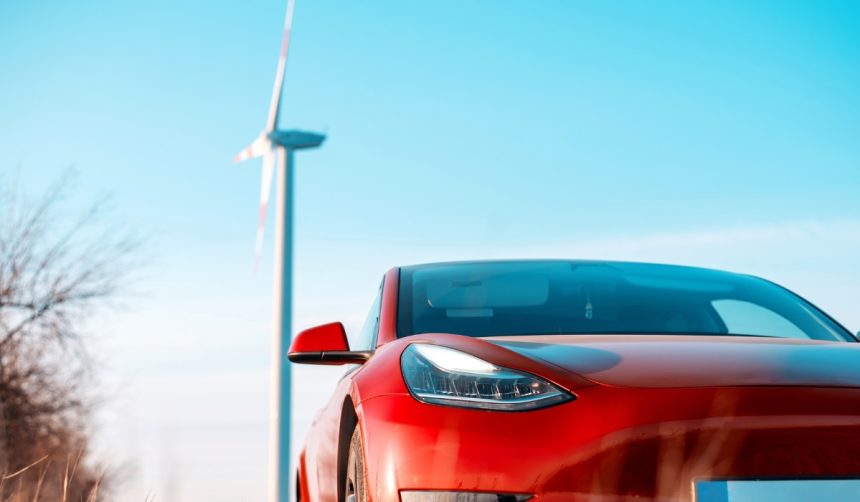The recent connection between business leadership and consumer behavior has become increasingly apparent as Tesla, known for the Model S and Cybertruck, grapples with softer sales and a shrinking portion of the electric vehicle market. Consumer sentiment appears to be shaped not just by product performance, but by the public and political persona of its CEO, Elon Musk. The situation illustrates how leadership actions can extend far beyond the boardroom, influencing purchasing preferences on a national scale.
Past reports on Tesla’s sales performance have largely attributed fluctuations to more conventional factors, such as intensifying competition from brands like Ford and BYD, and limited product updates. Recent research adds complexity by pinpointing CEO Musk’s political activity as a significant influence on buyer behavior. While earlier analyses only hinted at a potential backlash tied to Musk’s acquisition of Twitter (now X), newer findings provide quantitative evidence that links Musk’s partisanship directly to lost Tesla sales and shifting demand.
How Has CEO Behavior Impacted Tesla’s Market?
A team of Yale researchers recently determined that between 1 million and 1.26 million potential Tesla sales over recent years may have been lost due to what they identify as the “Musk partisan effect.” This effect combines Musk’s public political actions, notably around his acquisition of X and subsequent government role, with corresponding changes in customer attitudes toward Tesla. The researchers identified that over two-thirds of missed sales occurred after Musk’s highly visible political engagement started in late 2022.
Which Customer Groups Are Most Affected?
Tesla’s traditional customer base has often leaned Democratic and tends to be environmentally focused. According to vehicle registration data analyzed by the researchers, the shift began accelerating shortly after Musk altered content policies on X and increased his role in national political debates. This change coincided with Tesla’s market share contraction and a pronounced reduction in California where sales now lag electric vehicle policy goals.
“Musk’s actions antagonized his most loyal customer base,”
the researchers concluded in their assessment of recent trends.
How Have Rivals and Broader Markets Responded?
The evidence suggests that competing electric and hybrid vehicle manufacturers benefited from Tesla’s losses. Researchers estimated that, absent Musk’s interventions, alternative EV and hybrid sales would have been substantially lower in the past three years. In the first quarter of 2025 alone, such rival products saw a noticeable boost. Furthermore, California’s ambitious zero-emission vehicle targets have been set back, missing an additional 28,000 vehicles in the first quarter of 2025 due to the lowered Tesla sales.
“My role in DOGE has led to blowback,”
Musk acknowledged on an April earnings call, indicating his intention to focus more sharply on Tesla in coming periods.
The study’s findings highlight that CEO conduct can have discernible effects even in sectors driven by technological innovation and shifting regulations. Consumers increasingly weigh the personal and political beliefs of high-profile executives when choosing which brands to support. For businesses, the situation stresses the practical importance of transparent leadership and customer-focused strategy—especially as consumer sentiment can pivot quickly in response to non-market actions. Policymakers and industry analysts will likely continue monitoring how such dynamics may influence electric vehicle adoption and market share trajectories across the auto sector, particularly in key regions such as California where market progress is tied to broader environmental goals.
- Tesla’s recent sales drop links to Elon Musk’s high-profile political activity.
- Yale researchers estimate 1–1.26 million lost Tesla sales from partisan effects.
- Competing EV brands and policy goals have been directly impacted by this trend.










